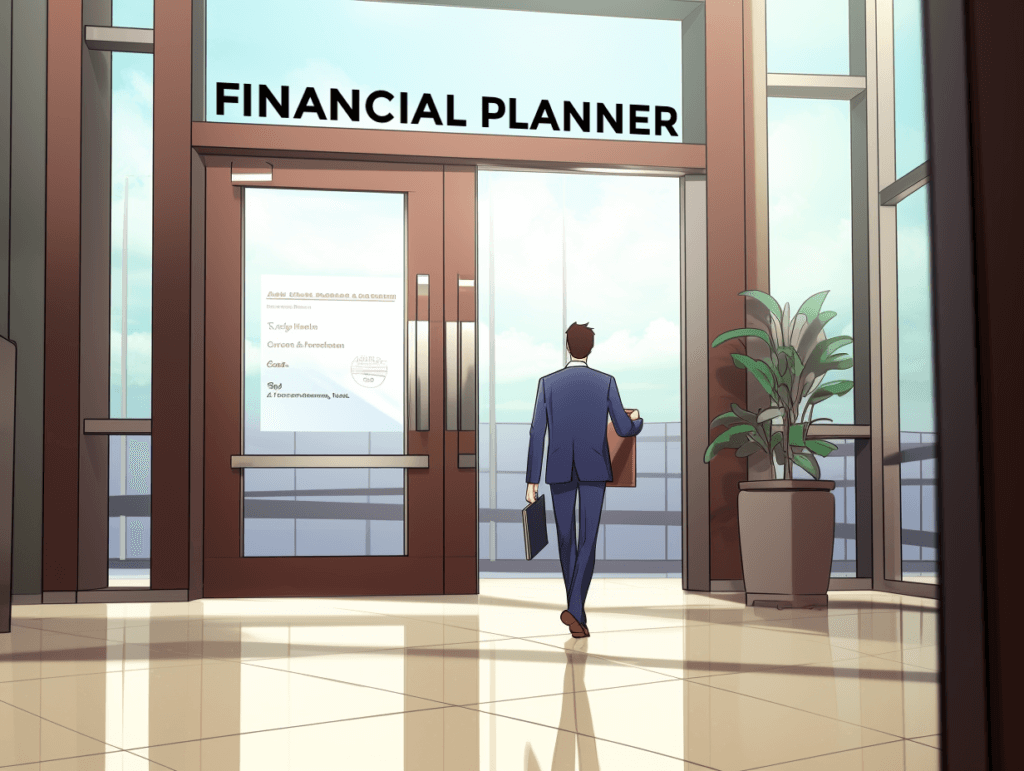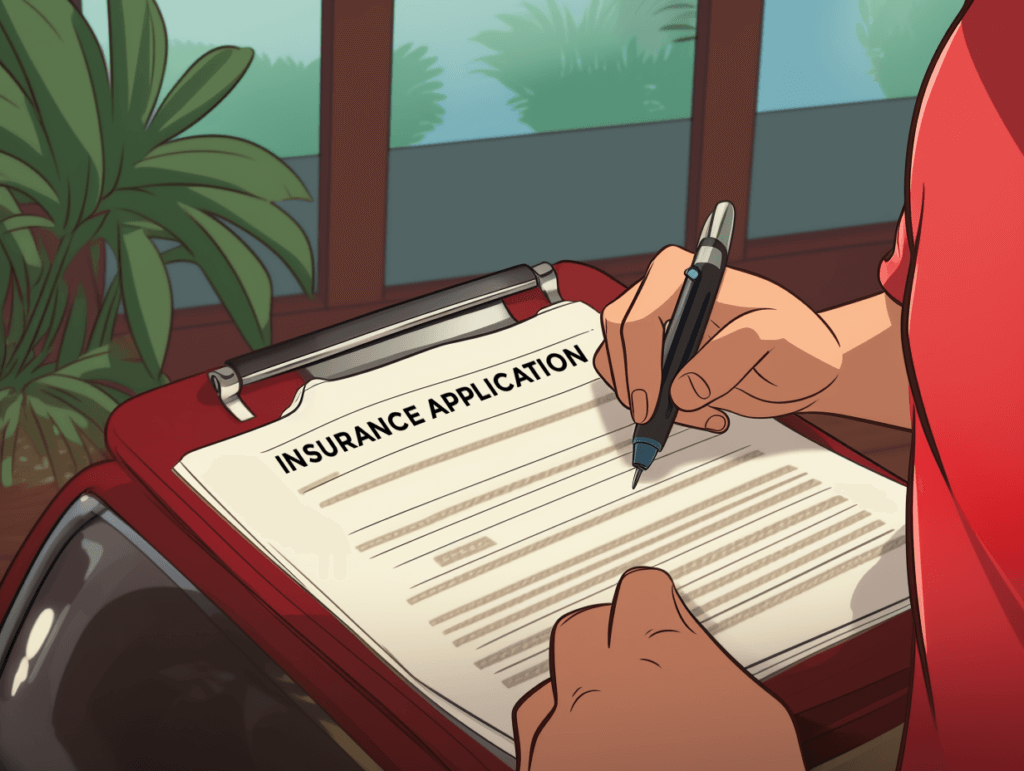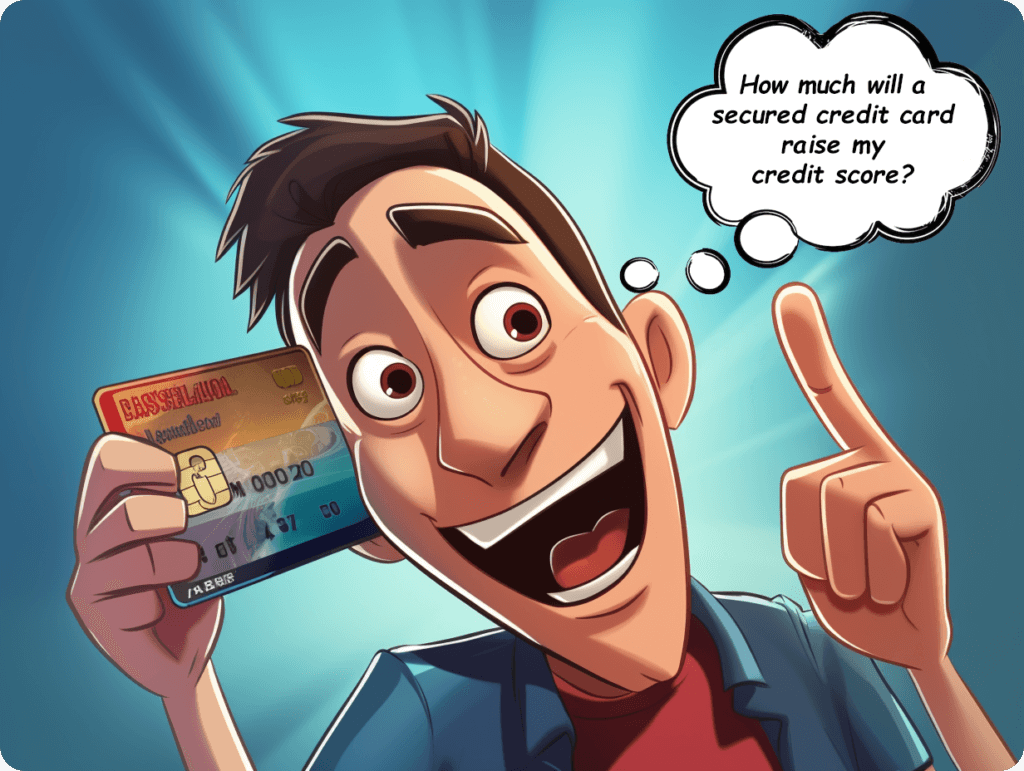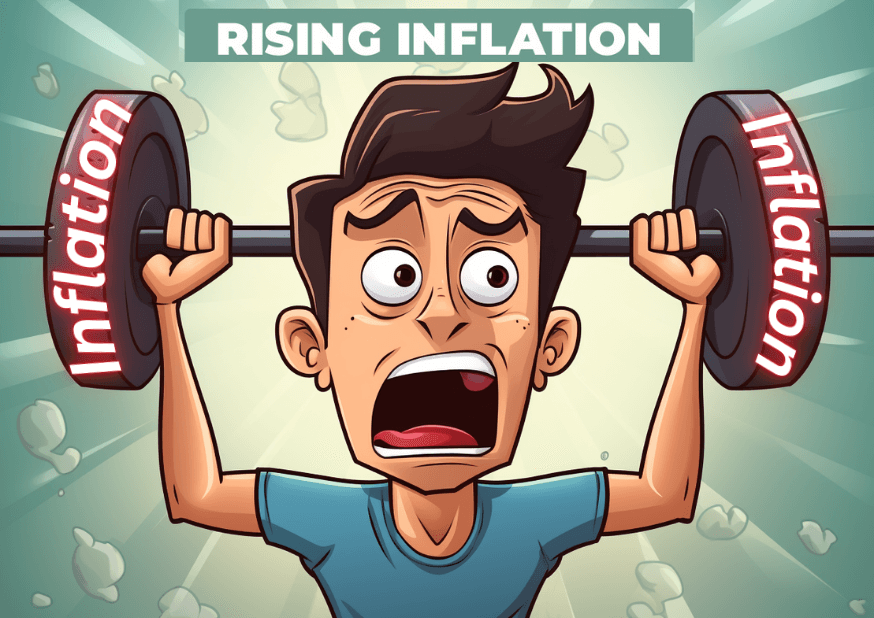- Blogs
- /
- How to Recover From Financial Ruin in 4 Practical Steps
How to Recover From Financial Ruin in 4 Practical Steps

Summary
How to recover from financial ruin. Step 1: Own your mistakes. Step 2: Define your recovery goals. Step 3: Build a Budget. Step 4: Get a side gig.
Facing financial ruin can be devastating. For one, it could leave you overwhelmed and uncertain about the future. Even when facing financial troubles and loss, there are always chances to recover and regain stability.
But, recovering from financial ruin requires a roadmap—a clear path that leads you towards stability and prosperity.
Today, we’ll cover everything related to money and show you how to recover from financial ruin. We’ll talk about finding new ways to make money and getting help from a financial mentor or planner.
Let’s explore!
Key Takeaways
- To recover from financial ruin, you must first acknowledge and face your situation positively.
- The best way to understand your finances is to calculate your losses, evaluate debts, and examine your monthly expenses.
- Make sure you set realistic goals for recovery. Break them into smaller, achievable milestones. This way, you can track your progress easily.
- You can do a side job, work part-time, freelance, or sell things you don’t need to earn more money.
- To effectively plan your recovery journey, create a detailed budget. Include your income sources, fixed expenses, and variable costs.
- Repairing your credit score is the best way to access low-interest loans that’d fast-track your financial recovery.
Here’s How to Recover From Financial Ruin in Four Steps
1. Step 1: Acknowledging Financial Ruin
It’s tough, but it’s time to face the music. The first step to recovering from a financial setback is accepting that you’ve hit a rough patch.
Yes, it’s not easy, but acknowledging your current situation is the first step towards recovery. You need to confront this head-on. Don’t make the mistake of burying your head in the sand and pretending everything’s fine.
So take a deep breath and embrace a positive mindset. Yes, it sounds cheesy, but having a positive outlook can make all the difference. Instead of dwelling on past mistakes or beating yourself up over what went wrong, focus on finding solutions and moving forward.
2. Step 2: Documenting the Crisis

a. Record Financial Damage
One vital—but often ignored—part of recovering from financial ruin is documenting the full extent of the crisis. This means calculating the total monetary losses you’ve incurred.
Take stock of all outstanding debts and obligations that need to be addressed. By understanding the full impact of the financial crisis, you can begin formulating a plan to move forward.
b. Examine Your Bills
To get through tough times, it’s important to carefully review your monthly expenses. Ensure you carefully examine each bill and identify areas where spending can be reduced or eliminated.
Look for subscriptions or services like Disney+ or Hulu that are no longer necessary and cancel them to free up some funds. Prioritize essential bills and payments like rent or mortgage, utilities, and groceries.
c. Define Your Recovery Goals
Now that you have a clear picture of your financial setback, it’s time to set the core goals for your financial recovery.
First things first: set some realistic objectives for rebuilding your finances. It could be paying off debt in chunks or saving up an emergency fund—whatever suits your situation best.
Once you’ve defined these goals, break them down into smaller milestones so that progress feels achievable.
d. Create a Budget
Developing a budget is an effective way to regain control over your finances and prevent further damage. Start by listing all sources of income, including wages, benefits, or any other financial support you may receive.
First, make a list of your regular expenses like rent, bills, transportation, and debt payments.
Next, allocate funds for variable expenses like groceries, entertainment, and discretionary spending. Be realistic about what you can afford and make adjustments where necessary. Remember, every dollar counts during this recovery process.
e. Get a Side Gig
Supplementing your existing income with additional sources can significantly quicken your recovery process. Look for opportunities to earn extra money through part-time jobs or freelance work in areas where you have skills or expertise.
Consider selling unused or unwanted items online or hosting a garage sale to generate some quick cash.
f. Stay Committed and Patient
Recovering from financial ruin takes time and perseverance. To avoid another crisis, stick to your budget, make smart money choices, and avoid old habits and debt.
Be patient with yourself as you work towards rebuilding your financial stability. Remember, every small step in the correct direction counts.
3. Step 3: Confused? Get Professional Help
Recovering from financial ruin can be overwhelming on your own. Consider reaching out to professionals who specialize in financial counseling or debt management. They can help you with your situation and give you reliable strategies to rebuild your financial stability.
These experts can assist you in negotiating with creditors to create easier repayment plans or lower interest rates on debts.
4. Step 4: Developing Your Recovery Budget

Earlier, we discussed how important it was to create a budget to help you regain control of your finances.
Let’s look deeper into how you can create a reliable budget.
a. Assess Your Savings
Start by evaluating any existing savings accounts or emergency funds you may have. Take stock of how much money is available for your recovery efforts. Doing this gives you a clear understanding of the resources at your disposal.
In addition to your savings, consider potential sources for additional funds. This could include selling unused items, working part-time, and exploring government assistance programs.
During this recovery period, you can maximize your financial resources by exploring all options.
b. Cut Back Your Expenses
To recover from financial ruin, it’s important to cut costs in different parts of your life. Always look for ways to—temporarily or permanently—eliminate nonessential expenses.
However, cutting back doesn’t mean sacrificing necessities. Get creative and find ways to reduce spending without compromising on essentials. For example, instead of eating out frequently, try cooking meals at home and packing lunches for work or school.
When you buy groceries or household items, try to find deals and discounts to save money. Check out thrift stores or Facebook Marketplace if you want cheap clothes and furniture.
You can lower your monthly expenses by making small changes in various areas of your life. For example, you can cut back on energy usage or enjoy free activities in your community or outdoors.
Developing a recovery budget is vital to regaining control of your finances. If you review your savings and reduce spending, you can use resources well and regain financial stability.
How to Minimize Future Financial Impact
1. Watch Out for Root Causes
By now, you know that analyzing factors that led to financial ruin can help you understand the root causes of your financial crisis. Take a close look at how you spend money, the debts you have, and any unexpected expenses that led to your financial situation.
To avoid future setbacks, identify the patterns or behaviors that caused your financial downfall. Fix the root issues.
2. Always Check Your Portfolio
You must regularly assess how the crisis impacts your investments to minimize future financial damage. Take a look at how your investments did during the downturn. If necessary, get advice from a certified financial planner.
They can give useful advice on changing your investment strategies based on what we learned from the crisis. To achieve long-term financial stability, make smart decisions about your portfolio.
3. Always Check Your Insurance Coverage
It’s essential to review your insurance policies regularly. This helps you recover financially and prevent future ruin. So, be sure you’ve got adequate coverage against unexpected medical emergencies, accidents, or natural disasters.
Carefully examine each policy to identify any gaps in coverage that need addressing. It’s important to remember that having appropriate insurance safeguards you from potential future setbacks and provides peace of mind.
Adjusting Recovery Plans
Recovering from financial ruin can be challenging, but adjusting your recovery plans is crucial to getting back on track. One area that needs careful reassessment is retirement planning.
After a financial setback, you should check your retirement savings and make any needed changes to stay on track for your golden years. Yes, sometimes your plans may need some modifications, so don’t be afraid to make them.
So, devote time to identifying areas where your initial plans need adjustments. If your strategies aren’t working, don’t be afraid to change them when things change.
If reducing optional spending doesn’t help you reach your goals, try other options. You could look for more ways to earn money or negotiate bills and contracts.
Always be open to exploring new possibilities and be willing to make necessary corrections along the way.
How to Build Your Financial Resilience

To be financially resilient, you need strong plans to guard against financial disasters.
Let’s explore some of them.
1. Create an Emergency Fund
An emergency fund is one of the most effective ways to build resilience. This dedicated fund acts as a safety net, providing a financial cushion for an unforeseen event or emergency.
To stay financially stable in tough times, regularly save a portion of your income.
Having an emergency fund will give you peace of mind and prevent financial setbacks. It doesn’t matter what causes them – unexpected medical expenses, car repairs, or job loss.
2. Liquidate Your Assets Wisely
When you are recovering from financial ruin, you need to carefully assess each asset before deciding whether to sell it quickly. Understanding which assets should be converted into cash to generate funds to aid in your recovery process is critical.
Before finalizing any transactions, consider their market value, potential returns, and long-term implications. The last thing you want is to sell your assets cheaply and then suffer with seller’s remorse.
Your goal should be maximizing returns while minimizing losses. Doing this can help you effectively utilize your assets to regain financial stability.
3. Prioritize Retirement Planning
Even though it might seem overwhelming, don’t forget about retirement planning during a financial crisis. Allocating resources towards securing your future will help build long-term financial security.
Start by determining how much money you’ll need for retirement based on your desired lifestyle and living expenses. Explore retirement savings options such as employer-sponsored plans like 401(k)s or individual retirement accounts (IRAs).
Consistently contributing to these accounts ensures you’re building a fat nest egg for retirement while safeguarding against future financial uncertainties.
4. Use Insurance to Reduce Risk
Another critical aspect is mitigating potential financial disasters through insurance. Consider obtaining insurance coverage that aligns with your specific needs and circumstances.
Flood insurance can help if natural disasters cause financial problems. Car insurance helps if you have a car crash.
Insurance can protect your assets and property from major losses during floods or emergencies. We’ll discuss this in greater detail below.
5. Cultivate Strong Banking Relationships
Having a good relationship with your bank is important when dealing with emergencies and setbacks. A bank you trust can help you get back on your feet financially with advice and custom solutions.
How to Save Your Credit Score From Finacial Ruin
Here’s how to repair your credit score during or after a financial setback.
1. Get Your Credit Report
Start by obtaining a copy of your credit report from each major credit bureau: Equifax, Experian, and TransUnion. You are entitled to one annual free credit report from each bureau through AnnualCreditReport.com.
2. Review Your Credit Report
Make sure you thoroughly review each section of your credit report, including your:
- Personal Information: Confirm that your personal details are accurate.
- Account Information: Examine the list of accounts, noting any late payments or defaults.
- Credit Inquiries: Check for unauthorized inquiries that could negatively impact your score.
3. Identify any Mistake
If you find mistakes in your personal information or account history, it’s important to challenge them immediately.
Here’s how you can do that:
- Gather documentation: Collect evidence to support your dispute. This includes receipts, payment records, and correspondence with creditors. Consider getting legal advice before disputing negative items on your credit report.
- Contact Credit Bureaus: Visit the credit bureau’s website and submit a dispute to the relevant credit bureaus. Ensure you clearly outline your credit report’s inaccuracies and provide every supporting documentation.
- Follow-Up: Regularly follow up on your dispute to ensure it’s being investigated. The law mandates Credit bureaus to investigate and respond to your dispute within 30 days.
- After the dispute is settled, review your updated credit report to make sure any mistakes are fixed.
4. Responsible Credit Use
Responsible credit use can help you repair your credit score, access loans with low-interest rates, and help you recover from financial ruin.
Here’s how to go about it.
a. Always Use Credit Wisely
- Create a Budget: Develop a realistic budget that outlines your income, expenses, and debt repayment. This will help you make informed decisions about credit usage.
- Pay Your Bills on Time: Timely payments are crucial to your credit score. Set up automatic payments or reminders to ensure bills get paid promptly.
- Manage Your Credit Limits: Avoid maxing out your credit cards. Keep your credit utilization below 30% of your available credit limit.
b. Rebuild Your Credit Through Responsible Behavior
- Secure Small Credit Lines: Consider applying for small, manageable credit lines, such as a secured credit card, to start rebuilding your credit.
- Diversify Your Credit Types: A mix of credit types (credit cards, installment loans) can positively impact your credit score. But only take on what you can responsibly manage.
- Monitor Your Credit Score: Regularly check your credit score to track your progress. Many financial institutions offer free credit score monitoring tools.
Assessing Your Insurance Coverage

As we’ve discussed earlier, insurance is essential to financial security. For one, it provides a safety net when accidents happen. And it’s also a crucial ingredient for anyone looking at how to recover from financial ruin.
That said, here’s what you must understand about your insurance.
1. Review Your Insurance Policies
Unexpected expenses can be a significant setback when recovering from financial ruin. One such expense that often catches people off guard is the damage caused by floods. To safeguard against these potential setbacks, reviewing your flood insurance policy is essential.
As we’ve mentioned, evaluate whether you have sufficient flood insurance coverage based on where you live and the risk of flooding in your area.
Make sure you understand what’s covered under the policy and any limitations or exclusions that may apply.
This way, you can proactively protect yourself from unexpected expenses and position yourself for financial recovery.
2. Evaluate Your Overall Insurance Coverage
It’s essential to assess your overall insurance coverage to determine if adjustments are needed based on your current financial situation. Look into your home or renters’ insurance, auto insurance, health insurance, and any other policies you may have.
Take stock of your assets and consider how well existing policies protect them. Evaluate whether you’ve got adequate liability coverage in case of accidents or lawsuits.
By ensuring that all aspects of your life are adequately insured, you can mitigate potential risks and protect yourself financially.
3. Consider the Impact of Medical Bills
Medical bills can quickly accumulate during financial hardship. And that could worsen your situation. As part of your recovery plan, it’s essential to consider how medical bills may impact your finances.
Review your health insurance coverage and understand what medical expenses are covered. Ensure you know your life insurance’s role in covering medical bills.
Some life insurance policies offer living benefits that allow policyholders to access a portion of their death benefit to cover medical costs in certain circumstances.
Considering the impact of medical bills on your financial situation can better prepare you for unexpected healthcare expenses and protect yourself from further financial strain.
Two Reliable Ways to Reduce Debt and Increase Savings
Focusing on reducing debt and increasing savings is crucial to speed your recovery from financial ruin.
Here are some steps you can take to achieve this:
1. Consolidate Your Debts
One effective strategy for reducing debt is consolidating all your debts into one. This involves exploring options like debt consolidation loans or balance transfer credit cards.
Consolidating your debts will help you streamline your repayment plans, making them easier to manage. Not to mention that debt consolidation often allows you to reduce interest rates and fees, potentially saving you a significant amount of money in the long run.
2. Get a Financial Mentor
Seeking guidance from a financial mentor can be incredibly beneficial. A professional can provide valuable insights into managing your finances effectively and improving your credit score. They can also offer advice on investment options that align with your goals and risk tolerance.
Learn From Your Mistakes and Take Action Today
Yes, small changes in our spending habits can significantly impact our long-term financial stability. And that includes learning from your previous financial mistakes.
So now that you understand how to recover from financial ruin and regain control over your life, you must take action. Pick two or more strategies that resonate most with you and implement them today. Remember, progress takes time, so be patient with yourself.
Stay committed to your recovery plan, and always remember to make adjustments as needed. By reducing debt, carrying out aggressive savings, and building resilience against future crises, you are setting yourself up for long-term financial success.
Going through financial ruin may feel overwhelming, but you can overcome it with determination and the tools in this article. You’ve got this!
FAQs
1. How did I end up in financial ruin?
Financial ruin can happen due to poor money management, excessive debt, unexpected expenses, or loss of income. It’s vital to assess your situation honestly and identify the factors contributing to your financial downfall.
2. What steps can I take to recover from financial ruin?
To recover from financial ruin, create a budget, cut unnecessary expenses, and prioritize debt repayment.
Consider seeking professional help from a financial advisor or credit counselor who can guide you through the process and provide personalized advice based on your situation.
3. Is it possible to rebuild my credit after experiencing financial ruin?
Absolutely! All you’ve got to do is pay all your bills on time and reduce outstanding debts. Your credit score will gradually improve as you demonstrate responsible borrowing behavior.
4. How long does it typically take to recover from financial ruin?
The time it takes to recover from financial ruin varies depending on individual circumstances. It may take several months, or even years, to fully recover. Patience and perseverance are critical during this process.
5. Should I consider bankruptcy as an option for recovering from financial ruin?
Bankruptcy should only be considered a last resort when all other options have been exhausted. Consult a bankruptcy attorney who can assess your situation and advise whether bankruptcy is the best course for you.
Our Latest Blogs:

ThisIsJohnWilliams
FREE Strategy Session to Fix Your Credit Blogs / Facebook Twitter Linkedin Instagram Share Summary How to recover from...

ThisIsJohnWilliams
FREE Strategy Session to Fix Your Credit Blogs / Facebook Twitter Linkedin Instagram Share Summary Discovering the keys to...

ThisIsJohnWilliams

ThisIsJohnWilliams
FREE Strategy Session to Fix Your Credit Blogs / Facebook Twitter Linkedin Instagram Share Summary Inflation is a complex...

ThisIsJohnWilliams
FREE Strategy Session to Fix Your Credit Blogs / Dealing with financial difficulties is overwhelming. But when faced with...





